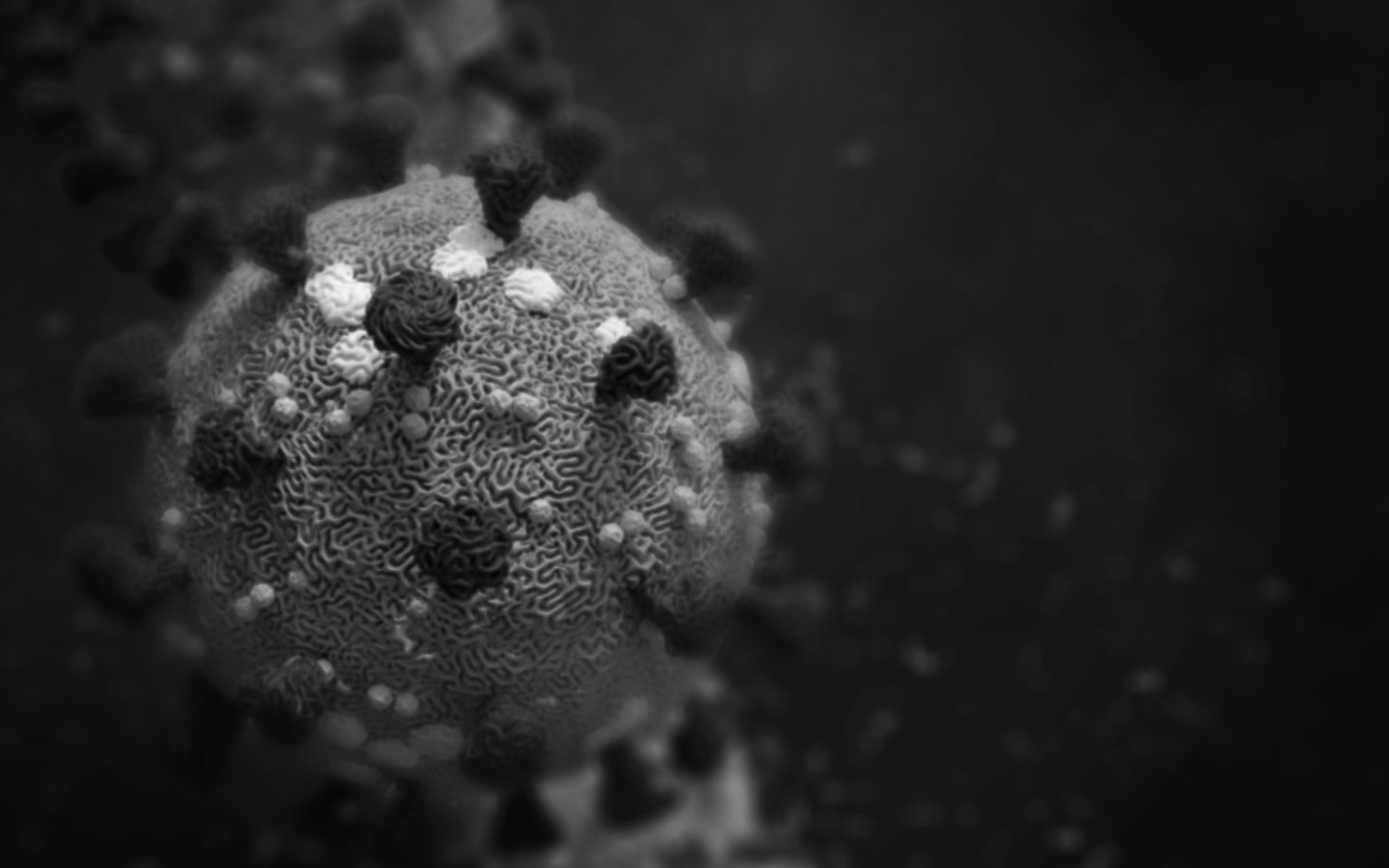In the context of a major crisis, some of IRIC’s teams quickly mobilized in order to contribute to the worldwide research effort to vanquish the pandemic. The solid scientific expertise, along with the Institute’s cutting-edge equipment and core facilities, were put to use to propose new avenues of research and to put forward creative and promising solutions.
COVID-19: IRIC takes part in the worldwide effort
Michael Tyers, Anne Marinier and their collaborators from McMaster University
They worked to identify new therapeutic targets in order to provide better treatment for patients suffering from COVID by combining expertise in the fields of functional genomics, CRISPR-based screening, virology and drug discovery.
Funding: Canadian Institutes of Health Research (CIHR)
Michael Tyers, Anne Marinier, andtheir collaborators from Mila and McMaster University
These teams worked to identify new inhibitors of the SARS-CoV-2 virus that causes COVID-19. The work combines the potential of genomics, artificial intelligence and medicinal chemistry in order to, in the longer-term, significantly accelerate the discovery of antiviral medications for future pandemics.
They may also be applied to the development of new treatments to fight cancer and many other diseases.
Funding: Genome Canada, Génome Québec, Mila, IRIC, McMaster University (Joint Genome Canada and Génome Québec Program)
François Major
His laboratory worked on developing a molecular modeling protocol in order to quickly produce RNA structural virus data. The goal is to use that data to identify drugs, including those already on the market, which could prevent replication of the SARS-CoV-2 virus, at issue in the COVID-19 pandemic.
Funding: IVADO (Call for proposals aimed at supporting digital intelligence data science initiatives).
Michael Tyers and Yoshua Bengio (Mila)
The duo worked to identify novel molecules that target proteins in the SARS-CoV-2 virus, a prerequisite step for drug development.
To do so, they used neural networks to automatically generate billions of potential molecules, the most promising of which will be retained for a biological assessment and future clinical trials.
Funding: IVADO (Call for proposals aimed at supporting digital intelligence data science initiatives).


